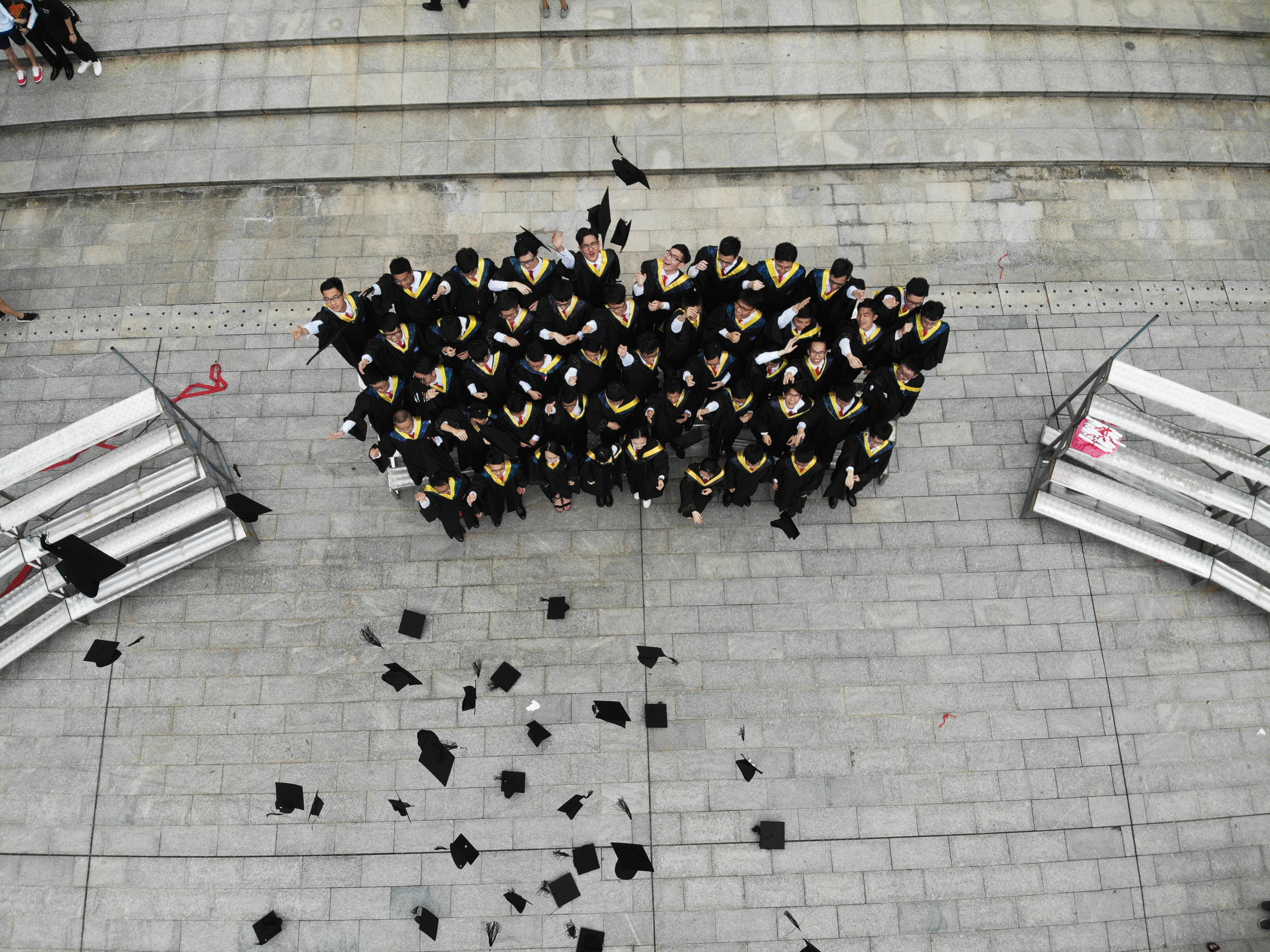by Stuart Nachbar, Daytripper University Contributor *
One thing you don’t usually learn from a campus visit is the relationship that a college or university has with its alumni. But alumni are not only a school’s most important asset; they are also its most unique one. As one alumni relations vice president told me: students will be alumni far longer than they will be students.
While colleges provide alumni giving rates to U.S. News and other media, top-performing schools look to their alumni for more than just financial contributions. Their administrations see them as a network for each other as well as for current students. Some schools, including Rutgers-New Brunswick and the University of Mary Washington (VA), relate to their alumni by asking them to maintain ties to the activities and organizations that they took part in as students. Class reunions have become a less important outreach to former students than the efforts to re-tie those past ties.
It obviously helps when a school has a strong athletic identity such as schools like Penn State, UConn and the University of North Carolina-Chapel Hill. Other schools such as St. Mary’s College of Maryland and the University of Mary Washington do not field teams that play on national TV. Yet these schools have higher alumni giving rates than many flagship state schools, a positive tribute to the education they received while they were students.
Students and parents should make it a point to meet with the alumni relations’ office during their decision process as one means to whittle down their list where they have received acceptances.
Here are a few questions to ask during the meeting:
• How many living alumni does your school have?
• Where do the most recent graduates live and work?
• Do alumni network with each other through a Web site or through social media such as Facebook, LinkedIn, and Twitter?
• Are all alumni members of the alumni association, or only those who pay dues?
• What services are provided to all alumni online?
• Are there opportunities for students to interact with alumni when they are seeking an internship or full-time job?
• Do alumni come back to campus for events?
• Do they interact with students at those events?
• What traditions bond all alumni, regardless of when they received their degree?
• Are there local alumni clubs where our family lives, and how helpful are they to students?
• Do these local alumni clubs run “send-off” events for incoming freshmen?
• Do they provide scholarships?
• Does the alumni relations office help to promote the school to employers?
The alumni relations’ office will have this information available when you take a campus visit. All you need to do is ask, but it is helpful and considerate to schedule your visit in advance.
* As founder of Educated Quest, Stuart Nachbar provides personalized college, transfer and graduate/professional school admissions advisory services to help students and parents make the best-informed decisions their future education. Having worked around higher education for over three decades as an admissions advisor, author, urban economic development professional and senior-level software marketing executive, he knows the “inside baseball” about how colleges do business. Stuart holds a BA and MBA from Rutgers University, a Master of Urban Planning for the University of Illinois at Urbana-Champaign, and a Certificate in College Admissions Counseling (with Distinction) from UCLA. He and his wife, Carol, live in Central New Jersey.

